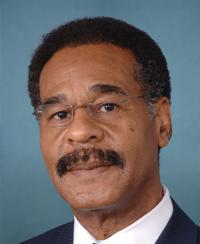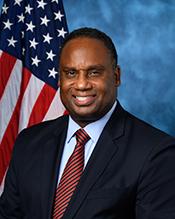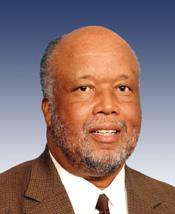H.R. 2668: Diversion And Rehabilitation Transformation Act of 2025
This bill, known as the Diversion And Rehabilitation Transformation Act of 2025, aims to amend the Omnibus Crime Control and Safe Streets Act of 1968 to provide support for state and local initiatives that focus on reducing crime and recidivism through enhanced diversion and rehabilitation programs instead of traditional incarceration methods. The key components of the bill include:
Key Objectives
1. **Reducing Crime and Recidivism:** The bill promotes the expansion of pre-arrest diversion, court-based intervention, and post-release rehabilitation programs to minimize criminal behavior and prevent re-offending.
2. **Promoting Equity in the Criminal Justice System:** It seeks to provide a more effective and equitable approach to justice that addresses root causes of crime, including drug addiction, mental health issues, and poverty, rather than solely punishing offenders.
3. **Minimizing Negative Consequences of Incarceration:** The bill aims to reduce the adverse side effects associated with incarceration, such as loss of jobs and family disruption.
Funding Allocations
The legislation allows the use of Edward Byrne Memorial Justice Assistance Grant Program (JAG) funds for:
- Pre-arrest diversion programs.
- Court-based interventions, including specialty courts.
- Post-release rehabilitation efforts.
- Programs that incorporate mental health services, peer support, and restorative justice practices.
National Clearinghouse Establishment
To support these initiatives, the bill provides for the establishment of a National Diversion and Rehabilitation Clearinghouse. This clearinghouse will:
- Centralize information on best practices and evidence-based programs related to diversion and rehabilitation.
- Assist states and local governments in the implementation of these programs through technical support.
- Conduct research and develop training materials for effective program implementation.
Definitions and Practices
The bill emphasizes the importance of evidence-based and trauma-informed practices in developing effective diversion and rehabilitation programs. It defines:
- Diversion and rehabilitation program: A program designed to offer individuals alternatives to traditional criminal justice processing to reduce their involvement in the system.
- Trauma-informed practices: Approaches that acknowledge the impact of trauma on individuals and seek to provide supportive environments that promote healing.
- Evidence-based practices: Methods shown to be effective through rigorous testing and empirical support.
Funding Authorization
The Attorney General will be authorized to allocate necessary funds from the federal government to carry out the initiatives outlined in the bill from 2026 through 2031.
Relevant Companies
None found
This is an AI-generated summary of the bill text. There may be mistakes.
Sponsors
15 bill sponsors
-
TrackWesley Bell

Sponsor
-
TrackYassamin Ansari

Co-Sponsor
-
TrackSanford D. Bishop, Jr.

Co-Sponsor
-
TrackYvette D. Clarke

Co-Sponsor
-
TrackEmanuel Cleaver

Co-Sponsor
-
TrackJasmine Crockett

Co-Sponsor
-
TrackShomari Figures

Co-Sponsor
-
TrackGlenn Ivey

Co-Sponsor
-
TrackJonathan L. Jackson

Co-Sponsor
-
TrackHenry C. "Hank" Johnson, Jr.

Co-Sponsor
-
TrackLaMonica McIver

Co-Sponsor
-
TrackEleanor Holmes Norton

Co-Sponsor
-
TrackShri Thanedar

Co-Sponsor
-
TrackBennie G. Thompson

Co-Sponsor
-
TrackFrederica S. Wilson

Co-Sponsor
Actions
2 actions
| Date | Action |
|---|---|
| Apr. 07, 2025 | Introduced in House |
| Apr. 07, 2025 | Referred to the House Committee on the Judiciary. |
Corporate Lobbying
0 companies lobbying
None found.
* Note that there can be significant delays in lobbying disclosures, and our data may be incomplete.
Potentially Relevant Congressional Stock Trades
No relevant congressional stock trades found.